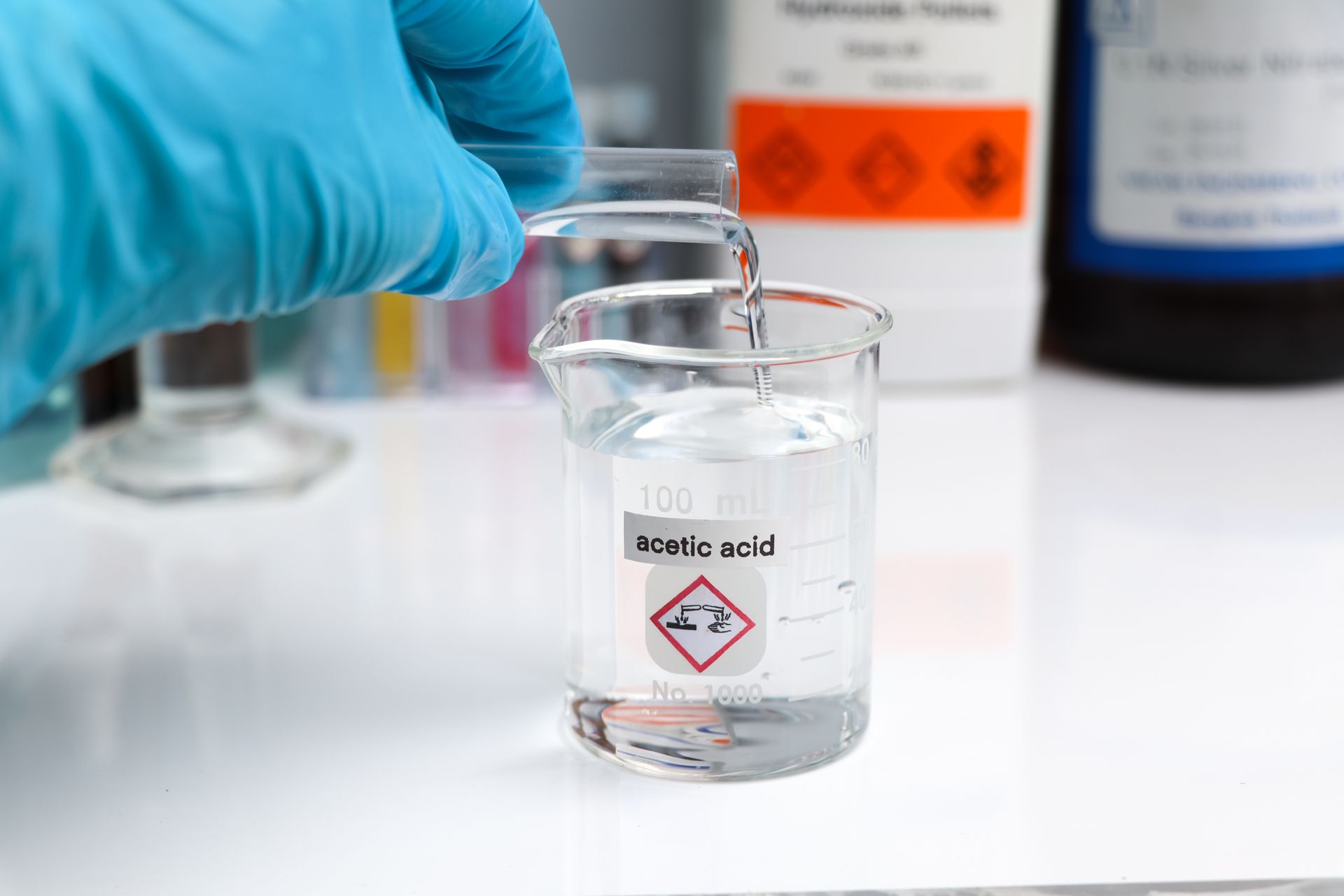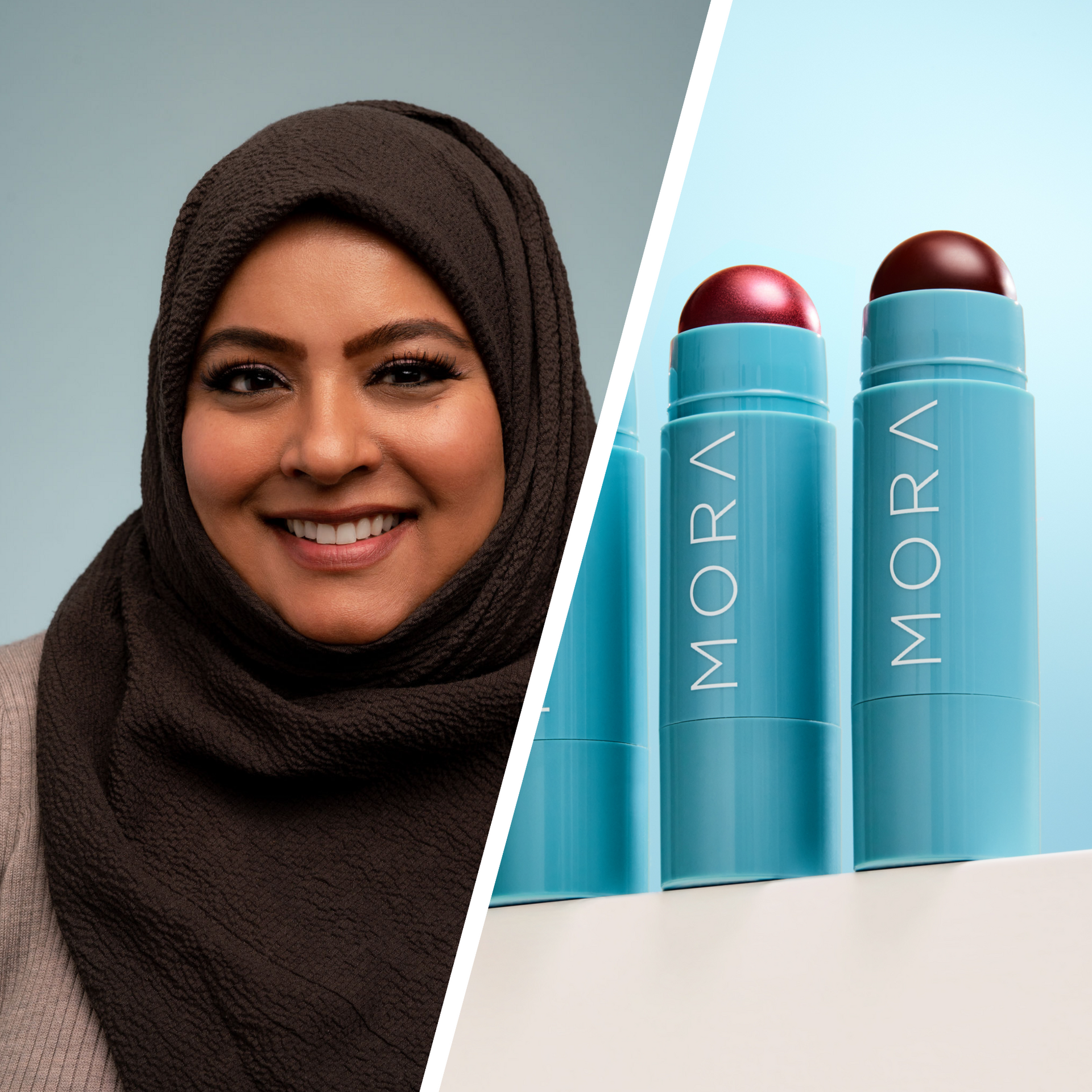Khadija Rafiqi is a graduate of Russell Sage College. She is currently doing her Master's in Biomedical Sciences, focusing on Cancer research. She spends her free time doing Arabic calligraphy and DIYs.
1-877-HALAL-WW (+1-877-425-2599)
Statutory vs NGO Halal Certification
Understanding Halal CertificationNew Paragraph
Halal certification is a process by which food products are inspected and approved for consumption by Muslims in accordance with Islamic law. Halal certification ensures that the food being consumed is permissible according to Islamic guidelines and is not prepared or processed using prohibited substances or methods. There are two main types of halal certification: statutory and non-governmental organization (NGO) certification.
Types of Halal Certification
Statutory Halal Certification
Statutory halal certification is a type of certification mandated by law and administered by a government agency or a regulatory body. Statutory halal certification is typically mandatory for certain food products or products sold in certain countries. Statutory halal certification is often seen as more credible and trustworthy, as it is backed by the government and is subject to stricter oversight and regulation.

Benefits and Drawbacks of Statutory Halal CertificationNew Paragraph
One of the main benefits of statutory halal certification is that it provides a high level of assurance to consumers that the food products being consumed comply with Islamic guidelines. Statutory halal certification is also typically seen as more objective and unbiased, as the certification process is overseen by a government agency or regulatory body rather than a private organization.
However, statutory halal certification can also have some drawbacks. One concern is that the certification process may
need to be faster and more convenient, as it is subject to government bureaucracy and red tape. In addition, statutory halal certification can be costly, as companies may need to pay fees to obtain or maintain their certification status.
NGO Halal CertificationNew Paragraph
On the other hand, NGO halal certification is a type of halal certification that a non-governmental organization administers. NGO halal certification is typically voluntary and is not mandated by law. NGO halal certification is often seen as more flexible and adaptable, as it is subject to a different level of government oversight and regulation.
Benefits and Drawbacks of NGO Halal Certification
One of the main benefits of NGO halal certification is that it can be more responsive to the needs of the industry and the changing requirements of the halal market. NGO halal certification can also be more flexible regarding the types of products that can be certified, as the same strict regulations as statutory halal certification do not bind it.

However, NGO halal certification can also have some drawbacks. One concern is that some consumers may not see it as trustworthy or credible, as the government does not back it. In addition, NGO halal certification can be subject to conflicts of interest, as the certifying organizations may be funded or influenced by the companies they certify.
In conclusion, both statutory and NGO halal certification have their pros and cons.
Statutory halal certification provides a high level of assurance to consumers that the food products being consumed comply with Islamic guidelines but can be slow and costly.
NGO halal certification is more flexible and adaptable but may not be considered trustworthy or credible by some consumers. Ultimately, the choice between statutory and NGO halal accreditation will depend on the consumer and industry's needs and preferences.
At
Halal Watch World, we specialize in providing comprehensive halal certification services that cater to the diverse needs of industries worldwide.
Take the next step towards securing
halal certification for your products by partnering with Halal Watch World. Our experienced team will guide you through the certification process, ensuring compliance with Islamic guidelines and enhancing the credibility of your brand among Muslim consumers.
Contact Halal Watch World today and let us help you gain a competitive edge by obtaining trusted halal certification.









